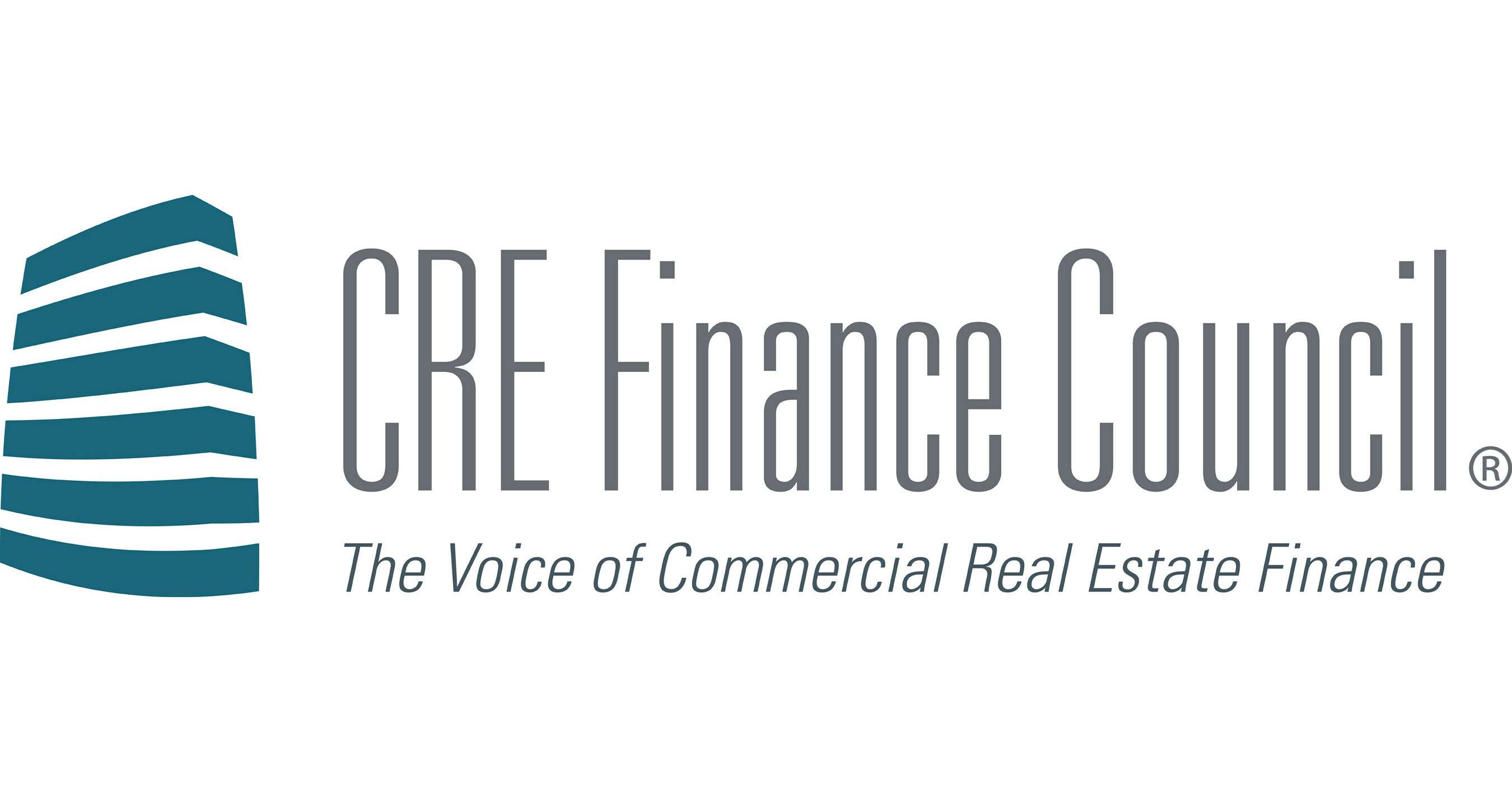B
ack in 2014 I wrote for Inman about the Zillow‑Trulia merger, warning that the combined company could become a “GodZillow” and threaten a monopoly. I listed four safeguards to keep Zillow from turning into a tyrant. Fast forward to 2025: Zillow logged 2.4 billion visits in Q1 alone, yet faces multiple lawsuits alleging illicit gains. The question arises—has Zillow truly become a Godzilla‑like behemoth, and why are agents, brokers, and the National Association of Realtors (NAR) also accused of profiteering?
From an economic lens, the issue extends beyond a single company. It coincides with the 20th anniversary of *Freakonomics*, which argues that financial incentives shape behavior. The book shows that real‑estate agents, who earn commission‑based pay, often prioritize quick sales over maximizing client value, a phenomenon summarized by “a bird in hand is better than two in a bush.” This misalignment is evident when agents sell their own homes versus clients’ properties. While the industry claims consumer protections, fair‑housing laws, and lending regulations counterbalance profit motives, the reality is that many agents still chase commissions.
As an MBA professor teaching economics and accounting, I observe that most people dislike math until it directly affects their paycheck. The first job experience—seeing FICA and other deductions—turns even the most indifferent into financial calculators, eager to maximize earnings. Thus, the lawsuits against Zillow and the broader real‑estate sector boil down to the same incentive problem.
The industry must answer several core questions:
1. How do platforms like Zillow create disincentives for agents to serve all clients, especially those at lower price points, thereby fostering “ill‑gotten gains” and potential housing inequities? What reforms are possible?
2. How do traditional percentage‑based referral fees and commissions discourage agents from working with a diverse clientele? How can we redesign these structures to eliminate unfair practices?
3. With flat‑fee models, how can agents be fairly compensated for long‑term client relationships without encouraging opportunistic behavior?
4. Is the “bird in hand” mindset appropriate for real‑estate professionals, or does it harm client outcomes? How can we shift toward a model that benefits both parties?
5. How can referral and commission frameworks be restructured so that the client’s gains are not offset by the agent’s earnings, creating a zero‑sum game?
Resolving the industry’s turmoil requires a fundamental overhaul of incentive systems to ensure equity for both professionals and consumers. The ongoing litigation exposes deep flaws in the home‑ownership journey that demand a complete rebuild rather than mere patchwork.
Lee Davenport, Ph.D., strategic advisor at Real Estate Bees, MBA professor, executive coach, and author of *Be a Fair Housing D.E.C.O.D.E.R.* and *How to Profit with Your Personality.* This column does not necessarily reflect HousingWire’s editorial stance. Contact the editor at [email protected].














